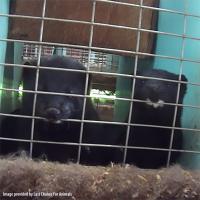
Charges laid against Ontario fur farmer following investigation
Undercover footage from advocacy group leads to multiple charges related to animal cruelty.

Undercover footage from advocacy group leads to multiple charges related to animal cruelty.
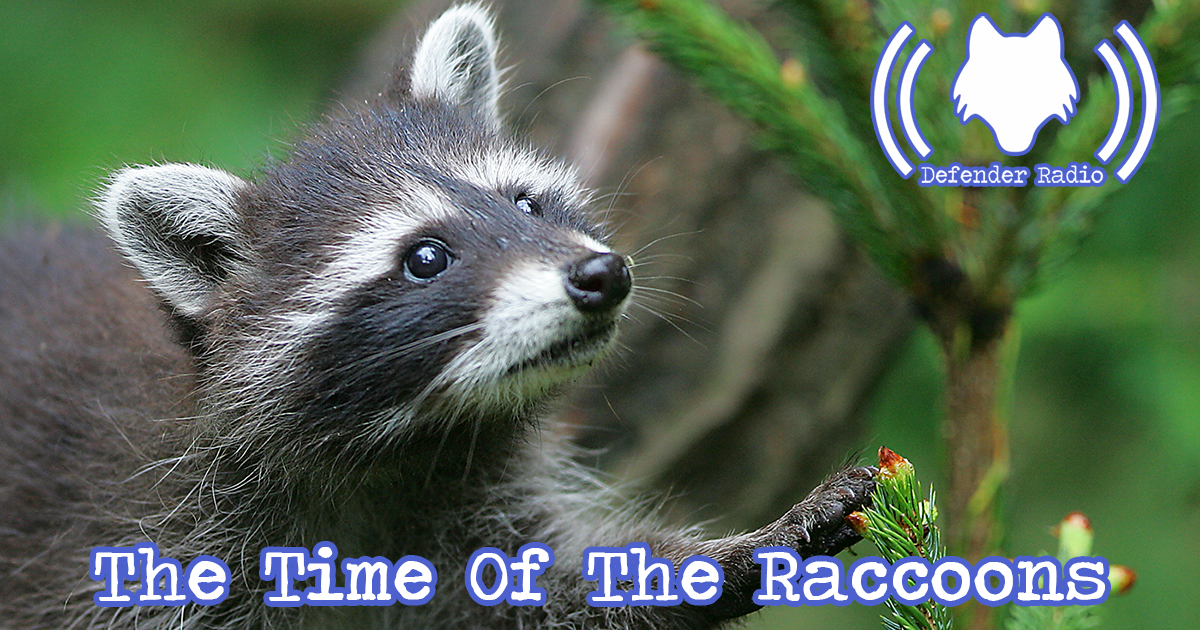
Cara Contardi of Urban Wildlife Care talks raccoon biology and behaviour, misleading and inaccurate headlines about rabies, and why it’s important that we understand when, and when not, to help injured or orphaned animals.
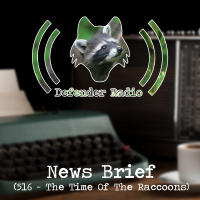
Raccoons are mating, babies are coming, and you really shouldn't try to feed injured or orphaned animals yourself. Get more on this news brief!
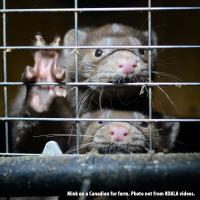
NOTE: This article contains no graphic images or videos. Footage shows common and unsettling behaviour of mink kept confined before deaths for the commercial fur industry.
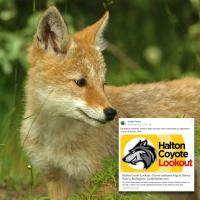
The goals of Inside Halton are commendable. But the results are not, and could in fact create dangerous scenarios…
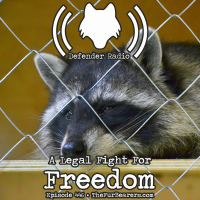
Camille Labchuk of Animal Justice talks representing the animals’ interests at the Vancouver Aquarium, protection of captive animals in Ontario, and how we can be part of the solution.
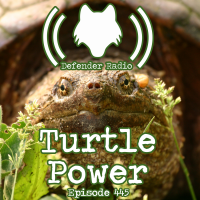
Turtle rehabilitation, why some turtles are pretty much living dinosaurs, and what 3,000 turtle eggs are doing in plastic containers in Peterborough are discussed with the Ontario Turtle Conservation Centre.
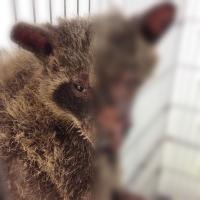
Did you see something at Huronia North Park in Barrie on August 5 or 6? Call the police and help this injured raccoon.
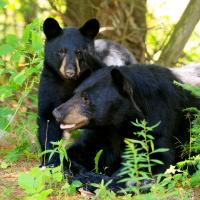
We know what the problem is. Why aren’t we addressing it?
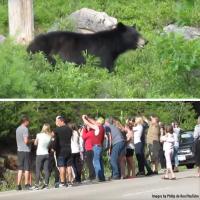
“Don’t run toward the bear” falls into the “duh” category of wildlife co-existence and outdoor safety. Yet, across Canada, people are actually running toward the bears.
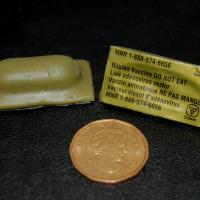
Aircraft dropped rabies vaccines will begin peppering parts of Eastern and Southern Ontario in August, as the Ministry of Natural Resources and Forestry continues their efforts to control the virus.
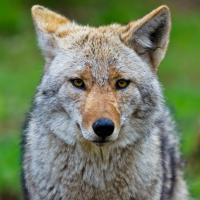
The presence of coyotes and conflict with wildlife can often lead to distress and concern from residents, but it is vital that the cause of changing behaviour is accurately identified and addressed. Posts on social media forwarded to our organizations indicate that, in some areas of Burlington, coyotes may be acting in a defensive manner around dens, pups, or resources. Direct or indirect feeding of these coyotes could also cause them to show greater proximity tolerance with people and pets, and display assertive behaviours.
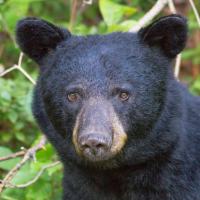
A black bear was killed by police in an urban Toronto neighbourhood early Saturday morning when wildlife officials were unable to attend the scene and
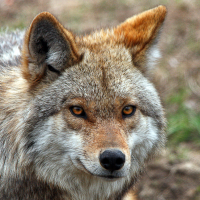
The Fur-Bearers, and our more than 60,000 supporters, would like assurances from the Ministry that all workers for whom down-filled and fur-trimmed Canada Goose products are offered are also given an option that does not require the death or injury of animals
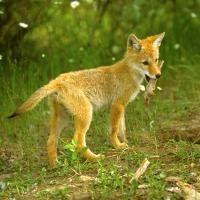
If you never left the downtown corridors of Toronto, and weren’t too aware of what was happening outside that core, it very well may seem
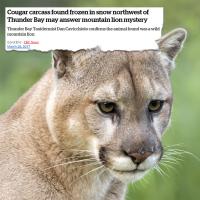
The Ontario Ministry of Natural Resources and Forestry has responded to questions raised by The Fur-Bearers in our blog last week, “Rare animals killed in
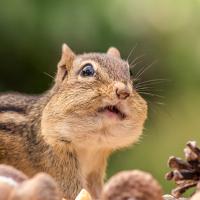
The City of Waterloo in Ontario has enacted a wildlife feeding by-law to help local enforcement officers curb inappropriate feeding and prevent conflict. “The new
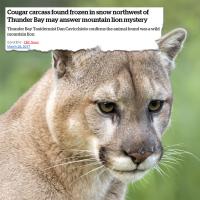
A cougar, an endangered animal in Ontario, and one rarely seen, was found dead in a snowbank. A wolverine, a threatened animal in Ontario, and
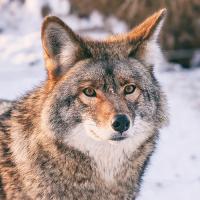
Living with wildlife can be challenging, but it is both possible and beneficial for residents to learn how. At times when we mourn the loss of a beloved family pet, these discussions are difficult, as understandable anger gets directed at the wildlife who shares our communities
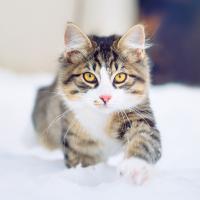
A rise in rabies cases in Hamilton, Ontario, and the recent discovery of a domestic cat who had contracted the deadly virus has led the
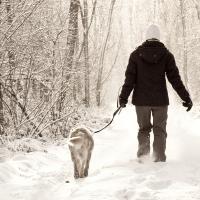
The tragic news reported of a resident, Krista Godbout, who is mourning the horrific loss of her dog, Tanner, who was killed in December near the Kawarthas by a baited killing trap on a publicly accessible trail, must have reached your office.
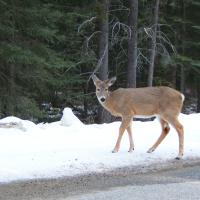
Putting up a fence to save lives sounds a little simplistic – and it is. But a new wildlife fence being installed along Highway 400
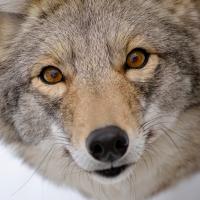
Increased sightings of coyotes in Canada’s largest city are normal, and there is no cause for alarm, the City of Toronto is telling residents. The
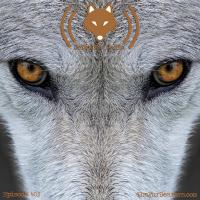
The status of wolves is a contentious subject these days. Between myths and fact, depredation and trophic cascades, it seems that every opinion is equally